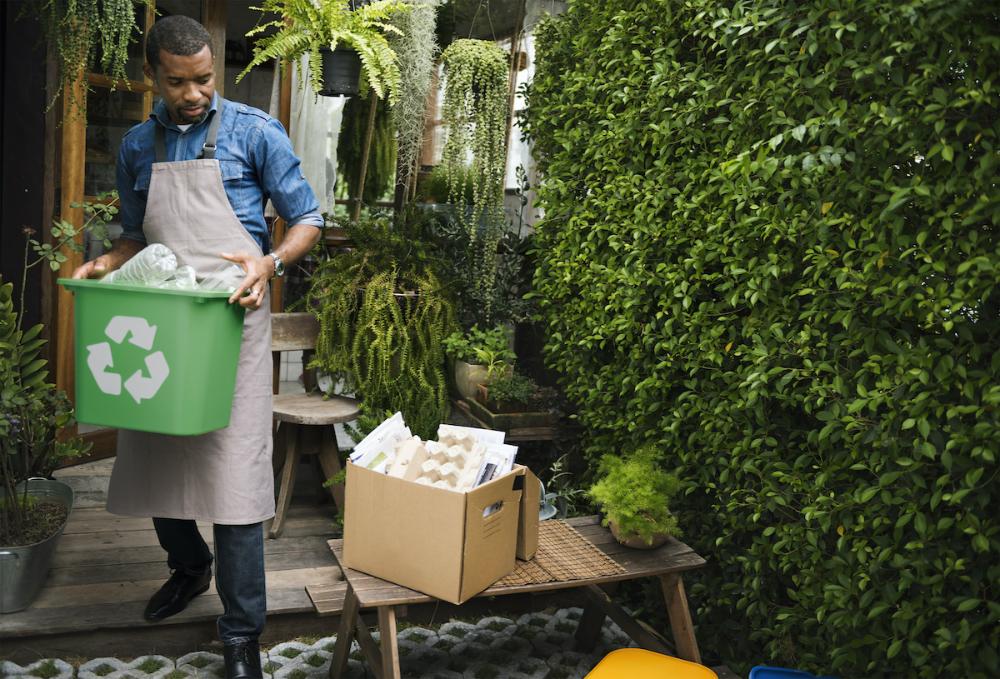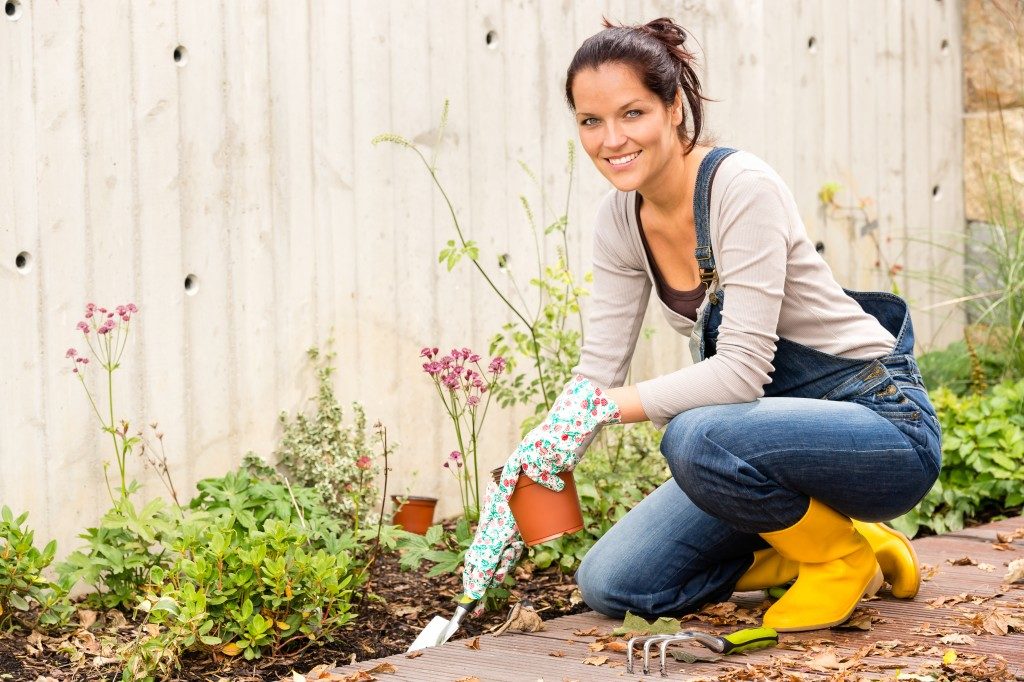No child is too young to be an environmentalist. As early as now, you can teach your child to be more environmentally conscious and create habits that will be good for the planet. After all, it is their generation that will experience the horrifying effects of climate change in the future.
As a parent, how can you raise a child who cares about Earth? Here are a few ways.
The Importance of Saving Energy
Many adults have a habit of leaving the lights on when they leave a room or keeping their appliances plugged into an outlet when not in use. This, as you know, is wasteful. Your lights and your appliances use electricity that, if you live in the United States, is generated by burning coal or oil.
The simple act of turning off and unplugging idle electronics will make a huge difference in the fight against climate change if everyone does it. Even if your home relies on solar panels for energy, switching off electronics creates a good habit that members of your family will carry for the rest of their lives and teach your child not to waste resources.
The Art of Giving Items a New Purpose
There was a time when every child in America was taught the three Rs: reduce, reuse, and recycle. However, only a few integrated it into their everyday lives.
Encourage your child to start recycling. Separate the trash your family generates into separate piles: one for the biodegradable waste, one for plastic, one for paper, one for glass, etc. If it can be reused or recycled, rinse it off. Come up with new ways to transform the item so that you will not have to throw it out. Cans, for example, can be used as planters or pencil holders. Make it fun by letting them paint and draw on the exterior.
This way, your child will not see non-biodegradable items as trash, but as something that can and should still be repurposed.

Plant a Garden
Gardening is not solely a hobby for adults. Children can learn to take care of plants at a very young age.
The biodegradable waste that your family produces through your meals should be placed in a compost pit. After the organic materials have been decomposed, they can be used to fertilize the soil in your garden and nourish the plants that you grow.
Your child should be involved in every aspect of the process. They should throw food scraps into the compost pit themselves. They should see how the seed is buried in the soil. Ask them to help you water the plants every day. When it is time to pick up the blooms or the fruits and vegetables, take them with you. This way, they appreciate the hard work that goes into growing a plant and instill a love for the environment.
It might also encourage them to eat more healthily, too. They might be more likely to eat the fruits and vegetables that they grew on their own.
Donating Their Old Toys and Clothes
Kids outgrow their clothes and their toys fast. Throwing away the stuff they no longer need or want will be wasteful.
Ask your child to regularly gather all the clothes, toys, and books that they no longer use to be given away to other family members, friends, and local charities. Involving them in the process will teach them not to throw away things that someone else can still enjoy.
Most importantly, if you want your child to be an environmentalist, you should set a good example. Kids follow what the adults around them do. Follow your own advice. Live to love the planet and your child will do the same.





